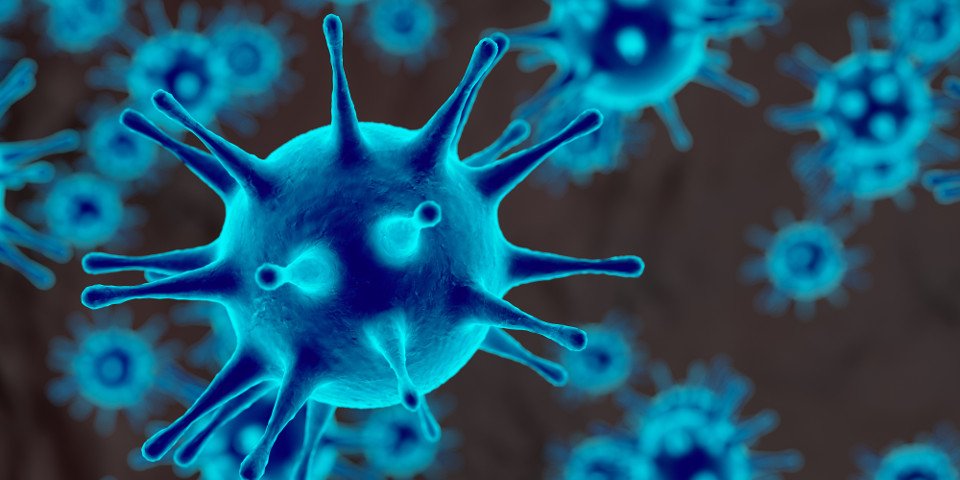The Coalition for Epidemic Preparedness Innovations (CEPI), CSL and the University of Queensland (UQ) today announced that they have entered into a partnership to develop, manufacture and distribute a COVID-19 vaccine candidate pioneered by researchers at UQ.
The initial phase of large-scale production of the UQ COVID-19 vaccine is planned to take place at CSL’s biotech manufacturing facilities in Melbourne.
CSL anticipates that the production technology can be scaled to produce up to one hundred million doses towards the end of 2021.
CSL also intends to subcontract other global manufacturers to increase the number of doses that can be produced and broaden the geographical distribution of vaccine production.
Professor Andrew Cuthbertson, CSL’s Chief Scientific Officer, said: “CSL will contribute to UQ’s promising vaccine with our proprietary adjuvant, MF59, made by Seqirus, along with expertise in process science and scale-up from our Australian facilities, managing advanced clinical trials and the large-scale manufacture of the recombinant vaccine.
“Should trials be successful, this vaccine holds the potential to provide protection against this urgent public health emergency for Australians and those around the world vulnerable to this devastating virus.”
CEPI, which was was launched at Davos in 2017 to develop vaccines to stop future epidemics, entered into an agreement with UQ in January 2019 to provide up to $15.2 million to develop its rapid response “molecular clamp” vaccine platform.
The COVID-19 virus is covered in spike proteins, which target and attached to cells, uncoil, and let the virus in. The UQ molecular clamp technology stops the spike proteins from uncoiling. When people receive the vaccine, their bodies will create antibodies to the coiled shape, which will result in them being able to combat the virus before it infects the body.
Early preclinical results of the UQ COVID-19 vaccine candidate revealed it had produced high levels of antibodies that can neutralise the virus.










